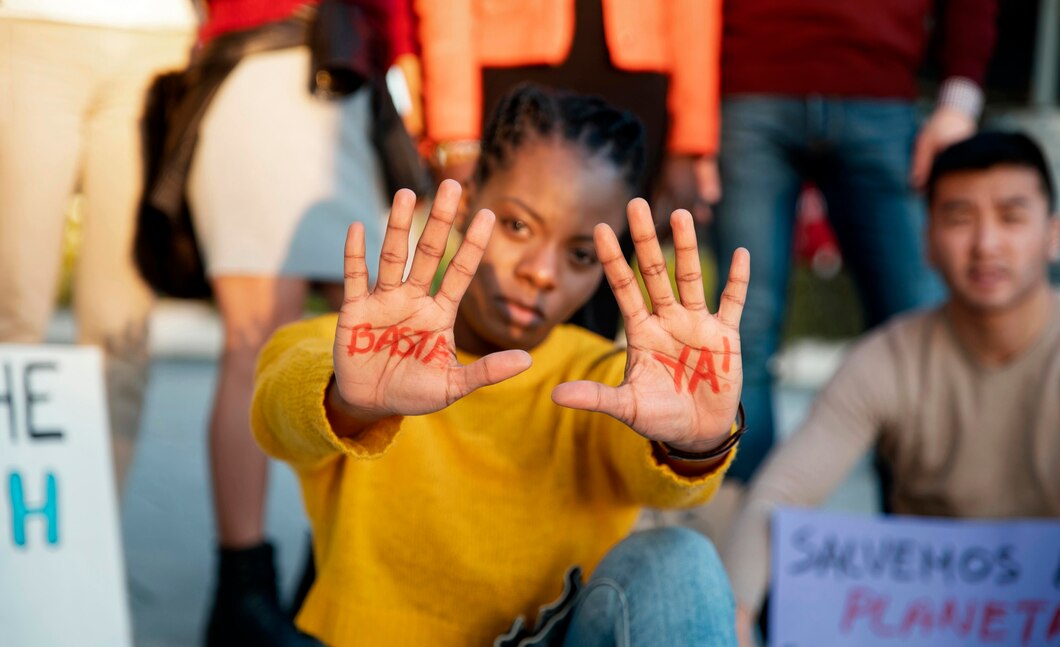Gender-based violence (GBV) remains a pervasive and deeply entrenched issue in Namibia, with significant social, economic, and health implications for individuals and communities. From domestic violence and sexual assault to harmful cultural practices and discriminatory norms, GBV manifests in various forms and affects people of all ages, genders, and backgrounds. In this blog post, we’ll explore strategies and initiatives aimed at preventing GBV in Namibia, fostering a safer and more equitable society for all.
Understanding Gender-Based Violence:
GBV refers to any act perpetrated against an individual based on their gender, resulting in physical, sexual, psychological, or economic harm. It encompasses a wide range of behaviors, including intimate partner violence, sexual harassment, child marriage, female genital mutilation, and trafficking. GBV is rooted in unequal power dynamics, patriarchal attitudes, and harmful social norms that perpetuate discrimination and inequality.
Addressing Root Causes:
To effectively prevent GBV in Namibia, it’s crucial to address the underlying root causes that perpetuate violence and inequality. This involves challenging harmful gender stereotypes and norms that condone violence, promoting gender equality and women’s empowerment, and dismantling systems of oppression and discrimination. Education, awareness-raising, and advocacy efforts play a vital role in shifting attitudes and behaviors towards more equitable and respectful relationships.
Empowering Women and Girls:
Empowering women and girls is central to preventing GBV and promoting gender equality in Namibia. Providing access to education, economic opportunities, and healthcare services enables women and girls to assert their rights, make informed choices, and escape situations of violence and abuse. Investing in programs that enhance women’s economic independence, such as skills training and entrepreneurship initiatives, can reduce their vulnerability to GBV and foster economic resilience.
Promoting Comprehensive Legislation and Policies:
Strong legal frameworks and policies are essential for preventing and addressing GBV effectively. Namibia has made significant strides in this regard, with legislation such as the Combating of Domestic Violence Act and the Married Persons Equality Act providing legal protections for survivors of GBV. However, enforcement mechanisms, access to justice, and support services for survivors require further strengthening to ensure comprehensive protection and accountability.
Fostering Community Engagement and Accountability:
Preventing GBV requires collective action and community engagement at all levels of society. Community-based initiatives, such as awareness campaigns, support groups, and men’s engagement programs, play a crucial role in challenging harmful norms and promoting positive behavior change. Engaging men and boys as allies in the fight against GBV is particularly important, as they can influence social norms and hold perpetrators accountable for their actions.
Preventing gender-based violence is a complex and multifaceted endeavor that requires concerted efforts from government, civil society, the private sector, and communities alike. By addressing root causes, empowering women and girls, promoting comprehensive legislation and policies, and fostering community engagement and accountability, Namibia can make significant progress towards creating a society free from violence and discrimination. Together, let us take a stand against gender-based violence and work towards building a future where every individual can live with dignity, respect, and equality.
